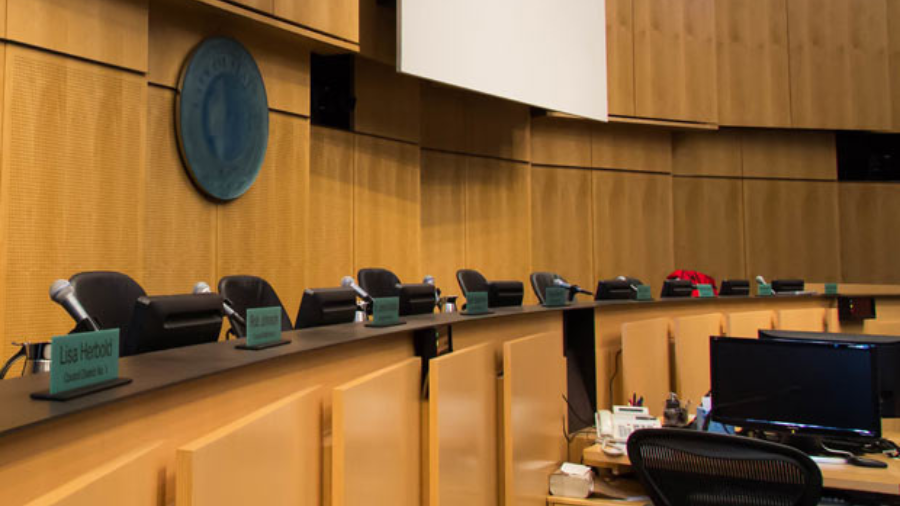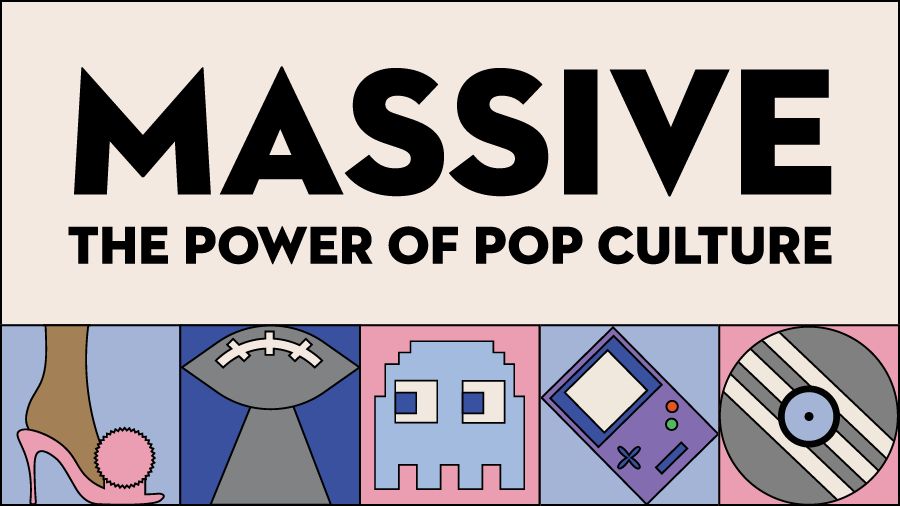Seattle’s budget woes just got worse with new labor agreements
Mar 27, 2024, 1:40 PM | Updated: 1:43 pm

The Seattle City Council is discussing adding to Seattle's budget deficit. (Photo courtesy of Seattle Channel)
(Photo courtesy of Seattle Channel)
Despite a hiring freeze and budget belt-tightening, the Seattle City Council may soon vote to increase the city’s budget deficit to pay for wage hikes for nearly 11,000 city employees.
Labor agreements inked between 18 collective bargaining units and the City of Seattle are poised to exacerbate the city’s substantial budget deficit, adding an unexpected $47 million burden by year’s end.
This financial strain compounds an already looming General Fund shortfall projected at $230 million.
According to a new financial report, presented to the Seattle City Council this week by the City’s Budget Office, these labor contracts are anticipated to escalate expenses by an additional $280 million over the next four years.
The figures underscore the precarious financial predicament facing Seattle’s municipal administration. Contrary to expectations of deficit reduction, the city council may soon vote to increase it.
Seattle hasn’t fully recovered from its pandemic revenue issues, with tax revenues yet to rebound to pre-pandemic levels. Compounded by elevated inflation and a downtown workforce with the option to telecommute, the city’s revenue streams have not kept up with expenses.
Where will the money come from for Seattle’s budget?
It’s not so much as “show me the money” — it’s where’s the money to pay for these new labor agreements going to come from.
More from Matt Markovich: What I learned this legislative session is citizens can break a 1-party rule
All five of the recently elected city council members campaigned on promises to refrain from raising taxes to mitigate the deficit.
Meanwhile, Seattle Mayor Bruce Harrell has not proposed any new tax measures to offset the escalating labor costs. Instead, he is advocating for austerity measures, depletion of reserves, and leveraging “unspent resources,” as detailed in the financial report.
In addition to the 18 union contracts affecting 7,000 workers, there exists a new agreement for non-represented employees to receive matching wage hikes.
The coalition agreements stipulate a 5% wage adjustment in 2023, followed by a 4.5% increase in 2024, with base wages indexed to the local Consumer Price Index in 2025 and 2026.
The retroactive payment of 2023 wage adjustments this year was unforeseen during the approval of the 2024 budget last November.
Before the council lies three legislative proposals for ratifying the 18 union contracts and the salary agreement with non-represented employees and for employees in discretionary pay programs.
Estimates provided by the city’s budget office and the city council’s central staff anticipate these agreements will further strain the city’s budget deficit.
The report projects a shortfall of $10.4 million in budgeted resources from the general fund for labor costs in 2023 and 2024.
How Mayor Harrell plans to offset the deficit
To offset this deficit, the mayor intends to allocate all available reserves and utilize “unanticipated unspent resources.”
When asked about this term, the Mayor’s Director of Communications, Jamie Housen, said it refers to unspent portions of the current year’s $7.8 billion budget.
“This happens annually and can be due to staff vacancies, projects that are completed under budget or other savings,” Housen said.
Harrell previously announced a hiring freeze at the start of the year. According to the report savings from the freeze, coupled with undisclosed unspent resources, “may be sufficient to address the portion of the incremental costs that exceed the reserves.”
Regarding the remaining $37 million required to fulfill this year’s labor agreements, Housen stated it would be sourced from non-general fund revenues, tapping into existing planning reserves and similar savings strategies such as the hiring freeze.
Housen also confirmed the mayor and council staff are exploring the possibility of reallocating Seattle’s Jump Start Payroll tax, nicknamed the “Amazon Tax,” for general fund purposes.
The tax is anticipated to yield $250 million annually and was established to deal with homelessness and fund affordable housing.
The city council could reprioritize the money for general fund purposes such as paying for city employee wage increases.
How the mayor and subsequently the city could will tackle the growing deficit won’t be fully addressed until the mayor reveals his 2025 budget in September.
New member chosen: Tanya Woo chosen to join Seattle City Council for citywide seat
In the interim, nearly all of the city’s 11,000 employees are slated to receive pay raises this year, with some benefiting from retroactive wage adjustments.
Expect more talk of belt-tightening in the coming weeks.
Matt Markovich is an analyst and reporter who often covers the state legislature and public policy for KIRO Newsradio. You can read more of Matt’s stories here. Follow him on X, formerly known as Twitter, or email him here.













